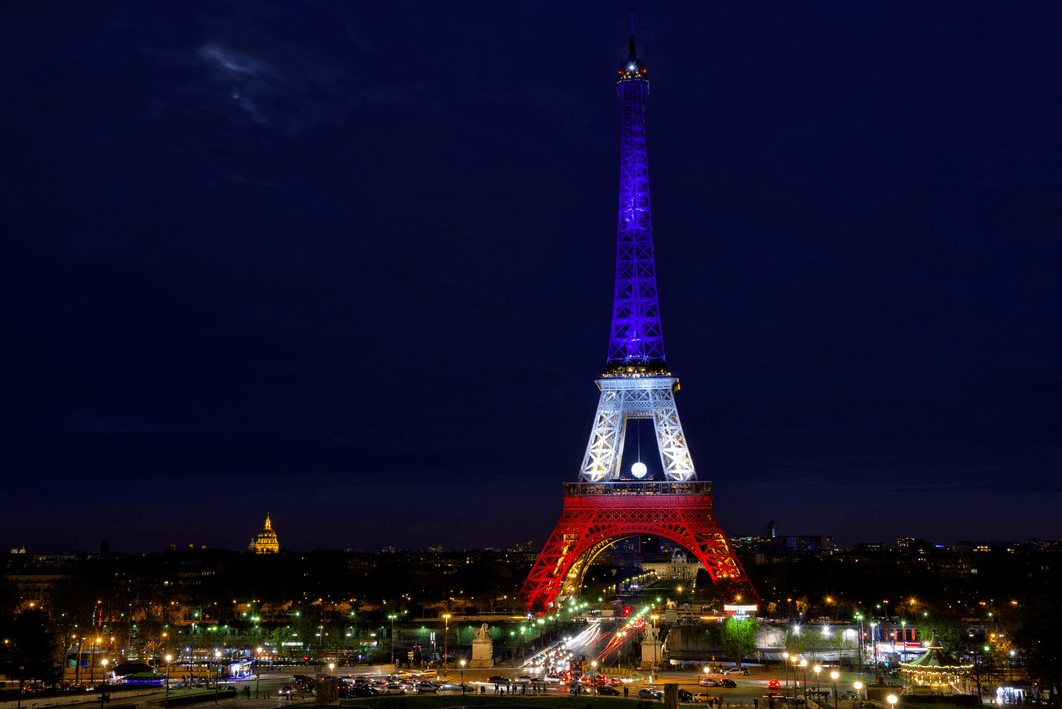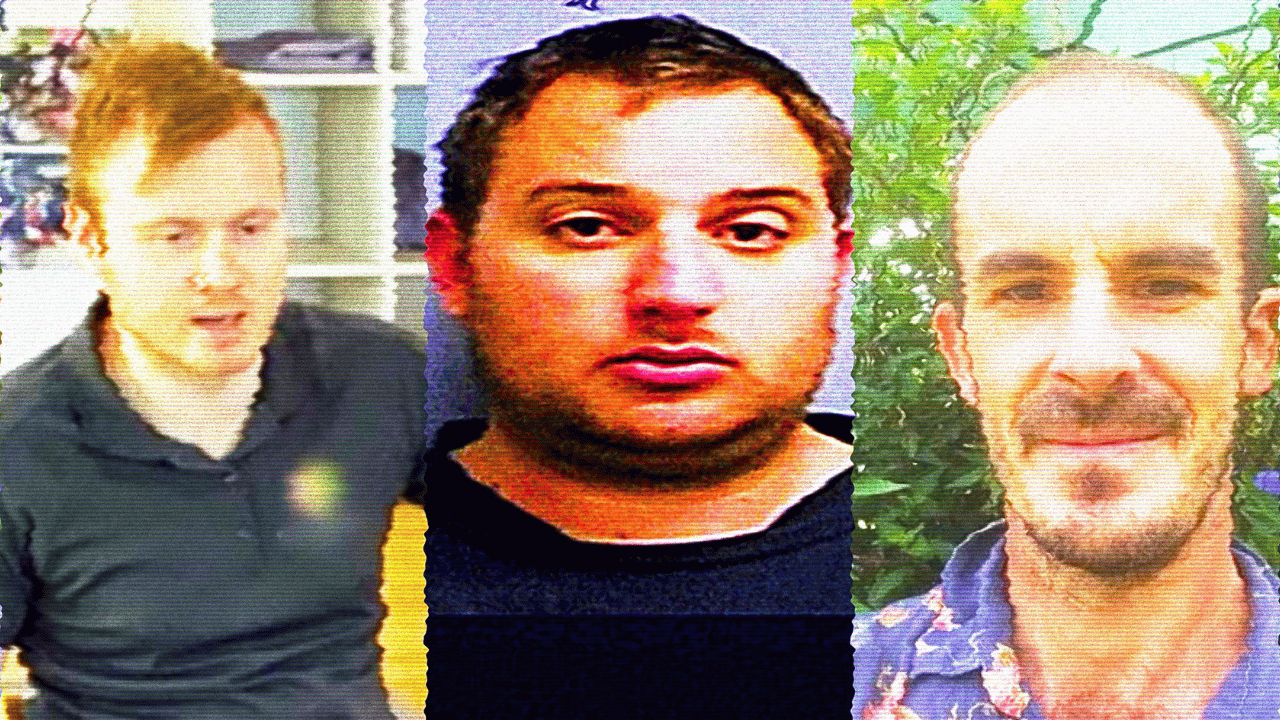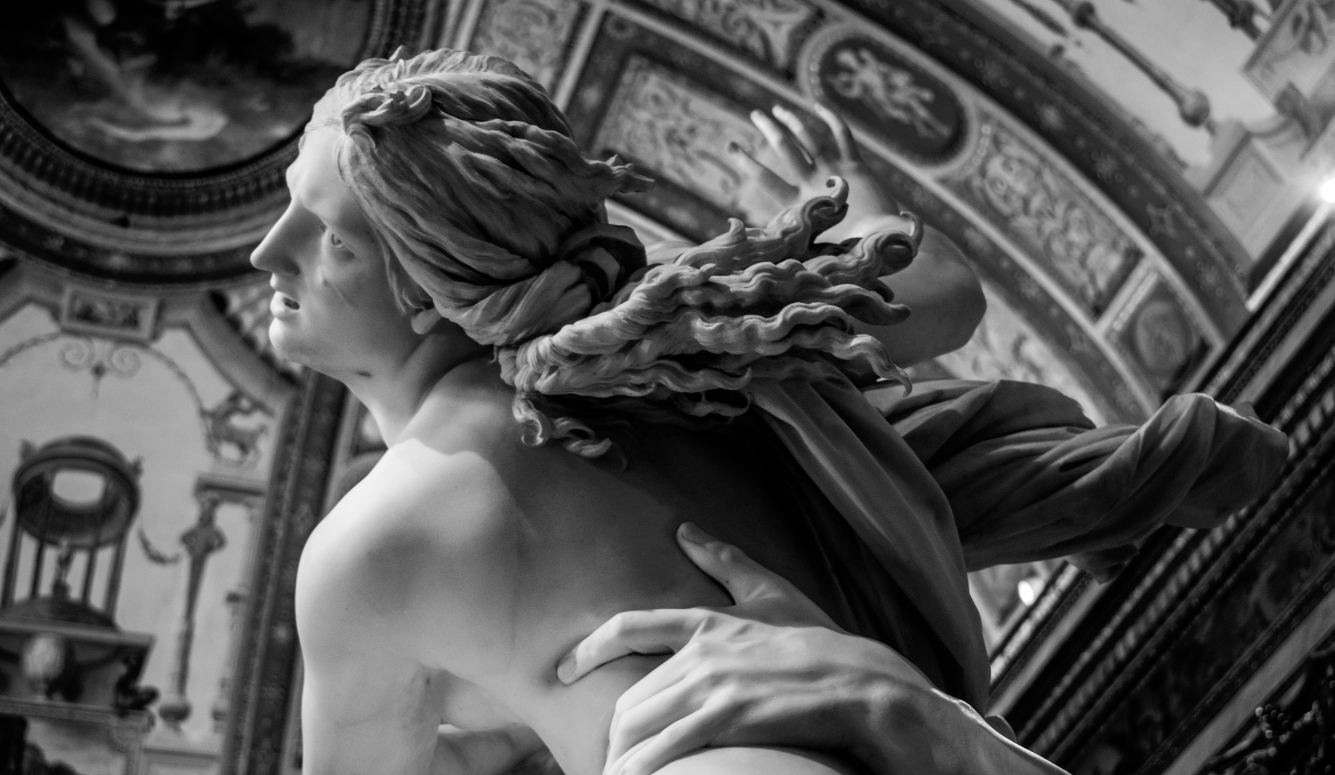Security
Flag-Shaming in Response to Terrorism
Reflexive expressions of solidarity signify an internalized Western understanding that life is precious and not cheap.

‘Prayer shaming’ in the wake of an American mass-shooting is a relatively new phenomenon, as far as I can tell. I first saw it discussed in the wake of the San Bernardino massacre, and it takes the form of social media users, think-piece writers, and politicians mostly — but not exclusively — on the Left who say things like: “We don’t need your thoughts and prayers. What we need is political action.”
The idea is not just to point out that prayers are useless while political action is consequential. “Political action” in this context is a synonym for swingeing gun control legislation. And the thinly veiled accusation is that thoughts and prayers are being offered by reactionary gun nuts and craven politicians as an alternative to action. Simply put, prayer shaming consists of the demand: “Spare us your pious hypocrisies and surrender your weapons.”
Last night, a variation on this behavior proliferated across social media in the wake of the latest Islamist terror atrocity on European soil. “Your hashtags and customized tricolor avatars are worthless virtue-signaling,” it went. Like prayer shaming, flag-and-hashtag-shaming comes freighted with righteous disgust and an imputation of bad faith. From the Right, the accusation is that swivel-chair-bound liberal slacktavists are offering empty compassion even as they drape suicidal denial in the usual platitudes about Islam and peace. From the Left, flag-avatars are held to be a sanctimonious denial of the West’s own responsibility for the mayhem it suffers, and evidence of callous indifference to worse atrocities committed elsewhere.
Scrolling through Facebook last night as news of the mass-murder in Nice unfolded, I saw numerous people also pour scorn on national gestures of respect and remembrance, such as the lighting of landmark buildings in the colours of a grieving nation. As one Facebook friend wrote:
[My wife]’s saying to me & I never want to see buildings lit up ever again. I don’t want us to be virtue-signaling bastards. Because when those lights go out, people are still dead. The bereaved don’t get their loved ones back.
Action, not pathetic empty gestures that speak of our cowardice and narcissism rather than our quiet resolve to stop this.
But this is a kind of signaling too — if not of virtue exactly, then of some other kind of superiority; an absence of vanity, perhaps, and a readiness to confront ugly truths from which the less courageous prefer to hide. But the bereaved will not get their loved ones back either way.Nor is it clear what action is being demanded that make statements like these more useful than the statements they denounce.
Does “action” in this context mean greater powers to the police and security services? Stringent restrictions on Muslim immigration? Mass deportations? Aggressive military intervention? Or, alternatively, a complete pullback from the Middle East in the hope that fanatics will leave us alone and concentrate on killing one another? Justice for Palestine? Not one of these ideas is satisfactory. It is certainly exasperating to hear the president of the United States tactfully pick his way around the term ‘radical Islam’ but simply saying those words is no substitute for coherent and effective policy, either.
The problem is that the Middle East has become the world’s largest dumpster fire, and no-one has a good idea what to do about it anymore. Intensive intervention in Iraq, limited intervention in Libya, and an absence of intervention in Syria have seen large swathes of all three countries fall to jihadist militias. Bush was bellicose and unilateralist. Obama has been conciliatory (if not positively apologetic) and multilateralist. Neither approach has produced anything close to the desired outcomes.
The more demagogic elements of the Leave campaign assured us that Brexit would ensure an end to long lines of Middle Eastern refugees at the border. Even if that were true, transnational jihadism is not an idea that can be kept out of Europe even if some of its adherents can, and dealing with homegrown radicalization is fraught with its own problems. If free societies are to remain meaningfully free, it will be impossible to prevent attacks by dedicated fanatics prepared to use motor vehicles and kitchen knives in arbitrary assaults on soft targets.
This is not a counsel of despair. There are almost certainly things European countries could be doing to better mitigate the threats they face. But as we have discovered over the past 15 years, figuring out what those things are is not a remotely straightforward task. It will involve considerable trial, error, and patience on numerous fronts. In the meantime, further attacks are inevitable.
And in the face of this unpleasant fact, the shaming of those who express respect for the dead and solidarity with survivors is just another expression of impotence and angry frustration. Yes, the widespread use of solidarity hashtags and avatars reflects a degree of thoughtless conformity and moral vanity that can be irksome if dwelt upon. And no, bathing buildings in the colours of a grieving nation and flying standards at half-mast and three-minute silences will do nothing in and of themselves to defeat jihadism. But that does not empty such gestures of worth or meaning.
Reflexive expressions of solidarity signify an internalized Western understanding that life is precious and not cheap: “You glorify martyrs and we mourn the departed, because you embrace death while we value life.”
This sentiment is undeserving of sanctimonious derision. It does not and need not preclude action or debate. It can and should be complementary.





